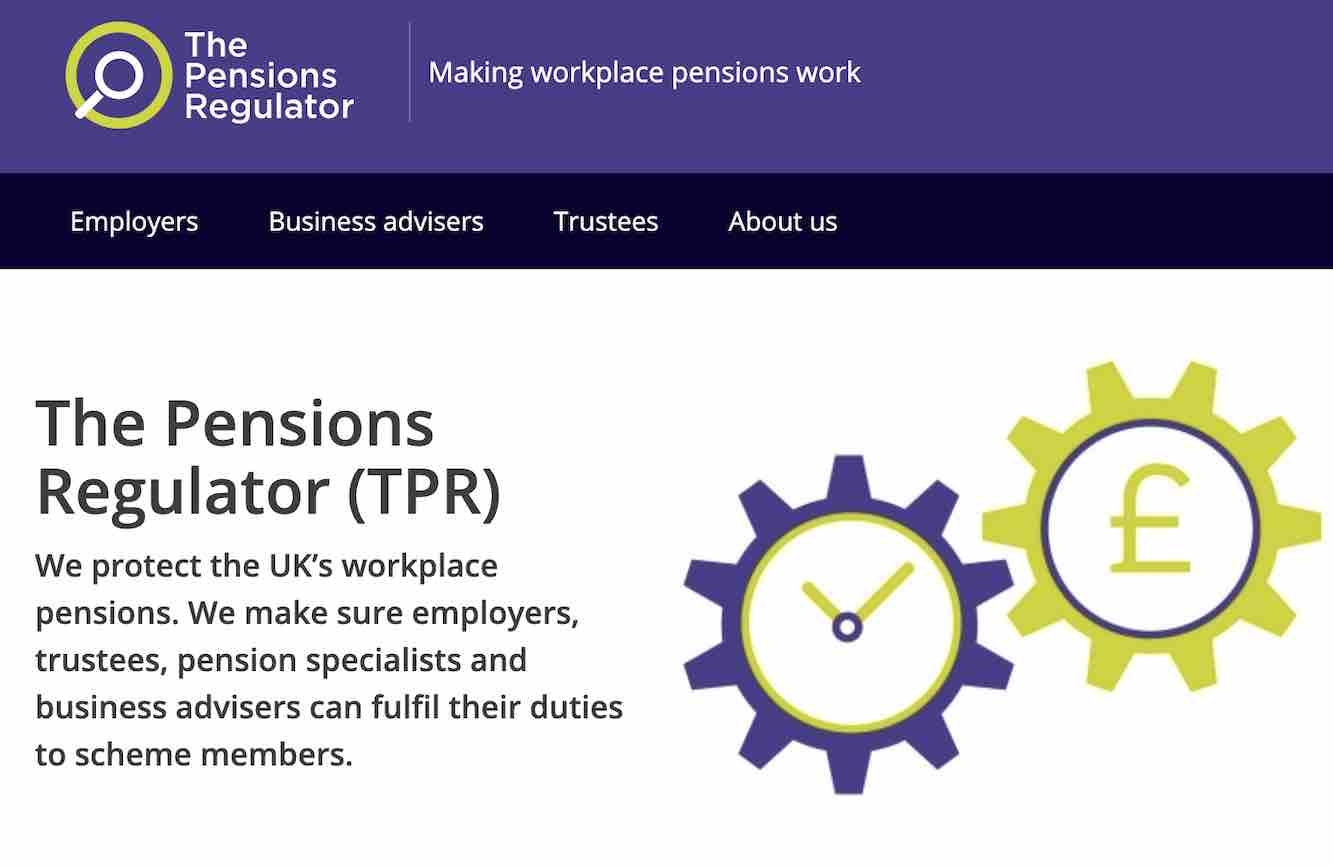The Pensions Regulator has revealed a decline in the number of penalty notices it issued for breaches of auto-enrolment rules.
Despite the fall, the TPR has warned that with over 55,000 notices issued in the most recent six month period significant problems with compliance remain.
The regulator has also warned employers to ensure they are complying with their automatic enrolment duties after recent inspections found a number of errors.
The number of penalty notices issued in the most recent six month period available, July to December 2021, was down from 58,203 in the previous period to 55,203, a drop of nearly 3,000.
The data for the six month period shows TPR issued:
- 20,382 compliance notices (compared to 20,555 for the previous period)
- 13,604 unpaid contribution notices (compared to 13,376)
- 15,302 fixed penalty notices (compared to 17,284)
- 5,918 escalating penalty notices (compared to 6,988)
The total number of statutory powers used was 203 compared to 244 in the previous six-month period.
The Pensions Regulator recently carried out a series of in-depth compliance inspections of more than 20 large employers across the UK, with a total of nearly 1.5 million staff.
There were a number of common errors in respect of calculating pensions contributions and communications to staff, the TPR said.
The TPR said that while the firms it inspected successfully enrolled eligible staff into a pension and made contributions, administrative errors with their pensions duties put staff at risk of not receiving the pensions they were due. The firms were in the transport, hospitality, finance and retail sectors. A number are working to correct errors, including making backdated contributions.
TPR’s director of automatic enrolment Mel Charles said: “The vast majority of employers are successfully meeting their automatic enrolment duties, however administrative mistakes can put staff at risk of missing out on their pensions and employers at risk of unintended non-compliance.
“While the errors we have found are technical in nature, these types of oversights can indicate broader non-compliance issues. Correcting these mistakes can be costly for employers because as well as needing to make backdated payments for staff receiving incorrect contributions, they can also lead to financial penalty.”
The TPR also said it would not hesitate to prosecute the worst offenders. Earlier this year the TPR prosecuted a pair of fraudsters who were part of a criminal scheme that tricked more than 200 savers into transferring their pension pots into fraudulent schemes.
Alan Barratt, 62, of Burnham Road, Althorne, Essex and Susan Dalton, 66, of Brookdale, Rochdale, Lancashire were sentenced at Southwark Crown Court in April after admitting charges of fraud by abuse of position arising from their roles as trustees of pension schemes.
Mr Barratt received a sentence of five years and seven months while Ms Dalton was sentenced to four years and eight months in prison. The pair were also banned from acting as company directors for eight years following a request by TPR. Proceeds of Crime recovery of money taken in the fraud is under way.

